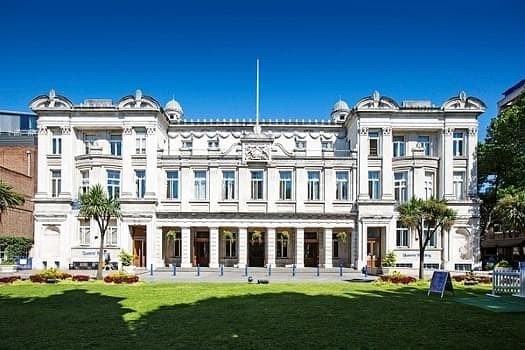The pathway aims to explore Modernist and Contemporary Writing in relation to broad ideas about twentieth-century and twenty-first century history, the historical present, the problems of periodization, and the changing cultural context of literary writing. Special attention is devoted to questions of technology, innovation and social change that alter and bring into question the category of writing itself, its role in theoretical debates and its place in modern and contemporary philosophy. The pathway offers the opportunity to think about the recent history of technological innovation and the digital cultures of the twenty first century as contexts for literary production, and to provide a detailed survey of issues that relate to the definition of modernism, the nature of modernity and the notion of the contemporary, both in academic contexts and in lived social experience.
The pathway aims:
- To provide intellectual contexts for the study of modern and contemporary literature and culture
- To follow contemporary debates in literary theory and cultural studies about eh chaning nature of writing in the period
- To focus on questions of technology, the prehistory and emergence of digital culture and the relevance of these contexts for literary production and reception
- To explore modern and contemporary thinking about time, technology and commerce that are particular to the arts and literature of the twentieth century and the present
- To examine critical transitions in the field of literary studies and emergent interdisciplinary factors that have altered thinking about the form and content of modern and contemporary writing
To address academic debates about the history of inclusion and exclusion in relation to issues such as race, gender and sexuality
On the core module you will focus on the transition from modernist to postmodernist literature and reflect on the problems of literary periodization in the present. Elective modules will offer topics such as The State of the Novel, Queer Theory, Aestheticism the Fin de Siecle, The Cultural Legacies of the First World War, and Creative Critical Writing.
You may, subject to availability and the approval of the School, take one of your elective modules from across a range offered by other Schools in the Humanities and Social Science and by other Colleges of the University of London.
Structure
How it is taught:
Modules are delivered in two-hour seminars within the following structure:
Compulsory Modules:
- One compulsory module
- Three taught elective modules
- 12,000-word dissertation
